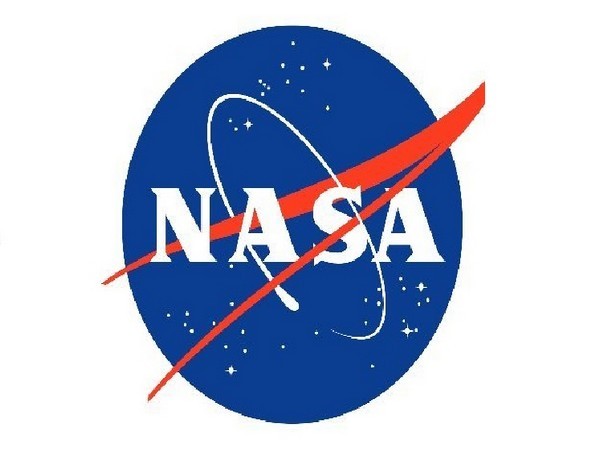NASA's Laser Communications Relay Demonstration to launch on Nov 22
According to NASA, optical communications will allow 10 to 100 times more data to be transmitted back to Earth than the current radio frequency system. For instance, it would take roughly nine weeks to transmit a complete map of Mars back to Earth with current radio frequency systems while it would take about nine days with laser communications systems. In addition, laser communications systems need less size, weight, and power.

- Country:
- United States
NASA's Laser Communications Relay Demonstration (LCRD) will launch on November 22, 2021 on a United Launch Alliance Atlas V 551 rocket from Launch Complex 41 on Cape Canaveral Air Force Station in Florida, the U.S. space agency said on Saturday. The payload will be hosted onboard the U.S. Department of Defense's Space Test Program Satellite 6 (STPSat-6) spacecraft.
LCRD will demonstrate the use of optical or laser, communications relay satellites, which can send large amounts of data from space to scientists and researchers on Earth, paving the way for future optical communications missions. It will test different cloud coverage scenarios to test the functionality and unique capabilities of optical communications technologies.
According to NASA, optical communications will allow 10 to 100 times more data to be transmitted back to Earth than the current radio frequency system. For instance, it would take roughly nine weeks to transmit a complete map of Mars back to Earth with current radio frequency systems while it would take about nine days with laser communications systems. In addition, laser communications systems need less size, weight, and power.
The Integrated LCRD Low-Earth Orbit User Modem and Amplifier Terminal (ILLUMA-T) will be one of LCRD's first in-space users. ILLUMA-T, which is set to launch to the International Space Station in 2022, will receive high-resolution science data from experiments and instruments onboard the space station and then send this experiment data to LCRD at rates of 1.2gbps, which will then be transmitted back to earth to be delivered to mission operation centers and mission scientists.










